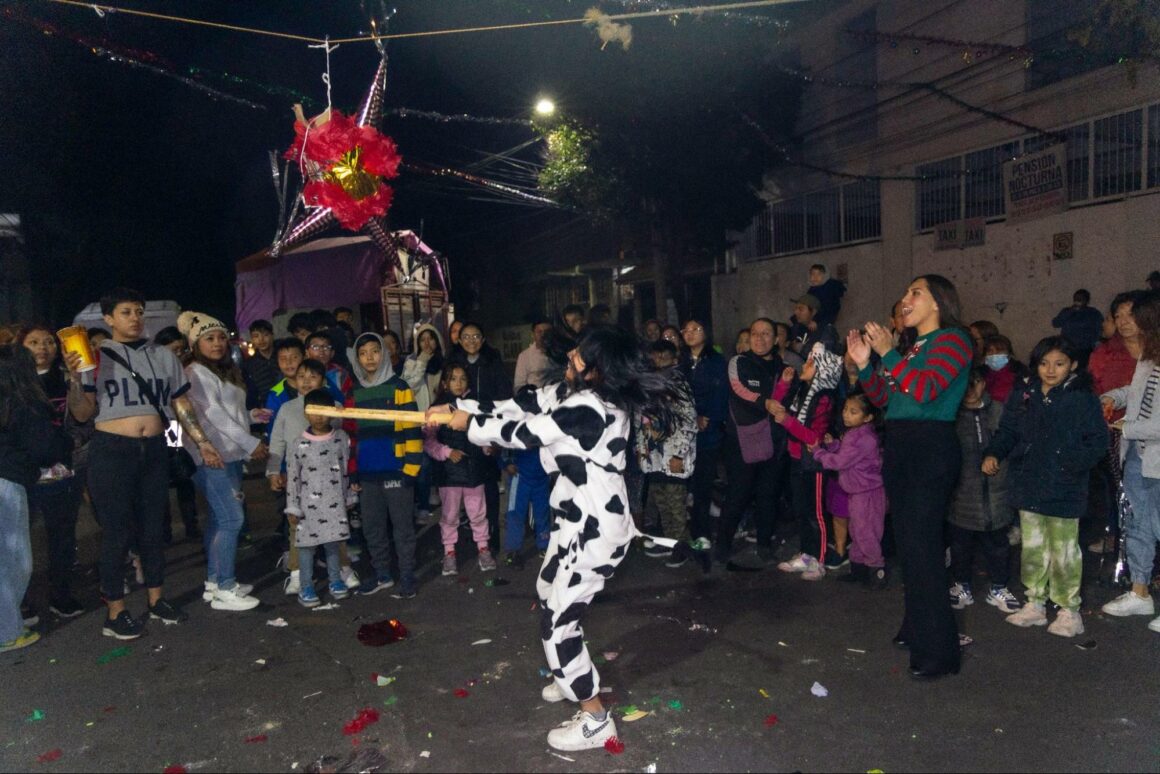Cultural Experiences
Venturing into diverse cultural experiences offers individuals a unique opportunity to broaden their perspectives and deepen their understanding of the world around them. By immersing themselves in unfamiliar traditions, customs, and rituals, they can cultivate a profound appreciation for the rich tapestry of human heritage.
Connecting with different communities through cultural encounters allows individuals to forge meaningful relationships and develop a sense of empathy and compassion towards others. By exploring new cultures, individuals can embrace the differences that make each community unique and gain a deeper insight into their own identity.
Moreover, delving into cultural experiences enables individuals to transcend the boundaries of their comfort zones and step into the unknown with a sense of curiosity and openness. Embracing diversity in all its forms, they embark on a transformative journey of self-discovery and intercultural enrichment, gaining valuable insights that shape their outlook on life.
Types of Cultural Experiences
Exploring cultural experiences can encompass a wide array of activities, each offering a unique insight into different societies and traditions. Here are some common types of cultural experiences individuals can engage in to deepen their understanding of the world:
- Culinary Adventures: Participating in cooking classes, food tours, or dining at authentic restaurants are excellent ways to delve into a culture’s culinary heritage. By savoring traditional dishes and learning about local ingredients, individuals can truly taste the essence of a culture.
- Artistic Expressions: Visiting museums, art galleries, attending cultural performances, or exploring street art can provide a glimpse into a society’s artistic traditions. Appreciating paintings, sculptures, music, dance, and theater productions can unveil the creativity and history of a community.
- Historical Journeys: Traveling to historical sites, monuments, or attending guided tours can offer insights into a culture’s past. Exploring ancient ruins, museums, and landmarks can help in understanding the roots of a society and the events that shaped its identity.
- Festivals and Celebrations: Participating in local festivals, religious ceremonies, or cultural events allows individuals to witness traditions in action. Engaging in festive activities, rituals, and ceremonies can provide a firsthand experience of a community’s customs and values.
- Language and Communication: Learning a new language or engaging with locals in their native tongue can break down communication barriers and foster cultural exchange. Language immersion programs, conversing with natives, or attending language exchange meetups can enhance cross-cultural understanding.
- Homestays and Community Visits: Staying with local families, volunteering in communities, or participating in cultural exchange programs can offer an intimate look into everyday life in a different culture. Building relationships with residents and engaging in daily activities can provide a profound cultural immersion experience.
- Outdoor and Adventure Pursuits: Engaging in outdoor activities such as traditional sports, nature hikes, or rural experiences can connect individuals to a culture’s relationship with the environment. Exploring natural landscapes, traditional games, or indigenous practices can unveil unique cultural perspectives on nature.
Benefits of Engaging in Cultural Experiences
Exploring different cultures offers numerous advantages that contribute to personal growth and societal harmony. By immersing oneself in diverse cultural experiences, individuals can develop a deeper understanding of the world around them. Here are the benefits of engaging in cultural activities:
- Enhanced Cultural Awareness: Engaging in cultural experiences exposes individuals to unique traditions, customs, and lifestyles, broadening their perspectives and fostering open-mindedness towards other cultures.
- Promotion of Empathy and Understanding: Through cultural interactions, individuals are encouraged to step into the shoes of others, promoting empathy, tolerance, and respect for diverse viewpoints and backgrounds.
- Cognitive Benefits: Participating in cultural activities like learning a new language, exploring historical sites, or attending traditional events can improve cognitive abilities, including memory, problem-solving skills, and creativity.
- Fostering Social Connections: Cultural experiences often involve interacting with people from different backgrounds, nurturing cross-cultural friendships, and fostering a sense of global connectedness.
- Celebration of Diversity: Engaging in cultural activities celebrates the richness of human diversity, encouraging inclusivity, appreciation of differences, and the preservation of cultural heritage.
Cultural experiences offer a gateway to empathy, understanding, and unity, enriching individuals with diverse perspectives and fostering personal growth. Despite challenges like language barriers and cultural misunderstandings, embracing these experiences can lead to a deeper appreciation for diversity and enhance interactions on a global scale. By stepping out of comfort zones and immersing oneself in new environments, individuals can cultivate a sense of interconnectedness and broaden their horizons. Embracing cultural diversity is not just about tolerance but about celebrating the uniqueness of each culture, creating a more inclusive and harmonious world for all to thrive in.

